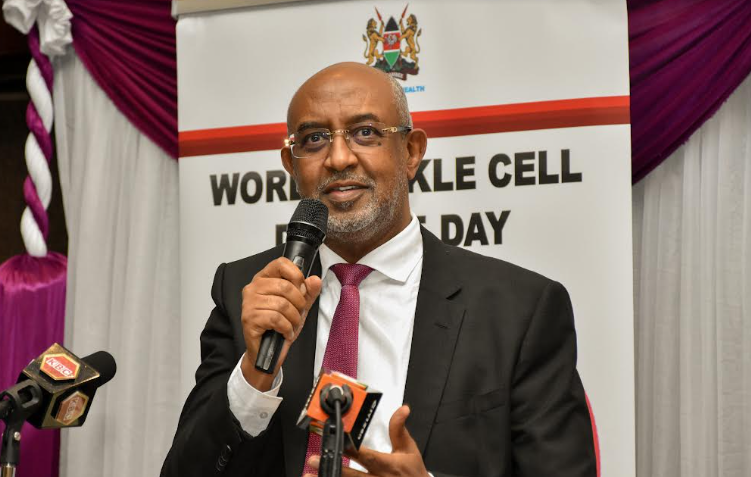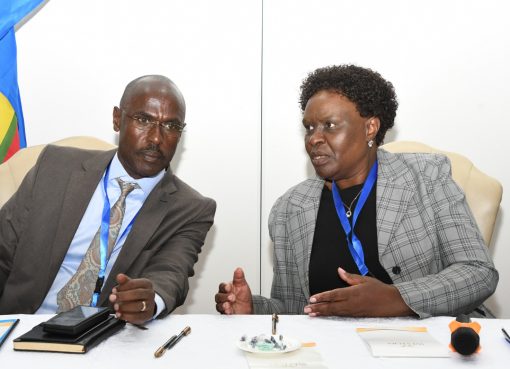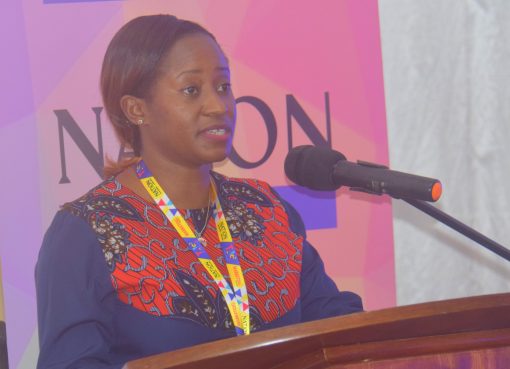Department of Non-Communicable Diseases Head, Dr. Elizabeth Onyango has said that early screening, diagnosis and appropriate medical intervention of infants can prevent up to 70 per cent of the deaths of 14,000 infants born with the sickle cell disease.
“We all have a part to play in lessening the burden of persons living with sickle cell and that of their families and loved ones,” said Onyango.
She said that the fight towards raising awareness, prevention, control, and management of sickle cell disease is a fight for everyone.
Speaking Friday at the World Sickle Cell Day commemoration event held at a Nairobi hotel, the Ministry of Health Chief Administrative Secretary (CAS), Dr. Rashid Aman had said that the Ministry is working closely with County governments, private and public sector stakeholders and Sickle Cell warriors to ensure early identification of sickle cell diseases so that they can be linked to care.
“The Ministry of Health is committed to implementing health system reforms to accelerate sickle cell interventions in the country,” said Dr. Aman.
Aman added that infant screening and linkage to care is one of the policies the government is focusing on to address data, surveillance and research in regards to sickle cell disease awareness.
“I recognize the efforts put forward by the County governments to improve health services since the advent of devolution,” he noted.
The CAS urged County governments to invest more by procuring sufficient medications, supplies and technologies for screening, diagnosis and management of sickle cell disease.
Dr. Aman stated that the government is committed to achieving Universal Healthcare Coverage (UHC) which is part of the vision 2030 and that sickle cell disease and other non-communicable diseases will be covered therein
Bungoma County Governor’s wife Caroline Wangamati commended the efforts of the Ministry of Health towards spreading awareness on the disease and investing on equipment used to screen the Sickle Cell disease.
“It is important for counties to take lead. I believe that with a little bit of prioritization, with more lobbying from the communities that are affected, the caregivers and the Sickle Cell Warriors, I think the Counties can do a little bit more,” said Mrs. Wangamati.
By Jedida Barasa





